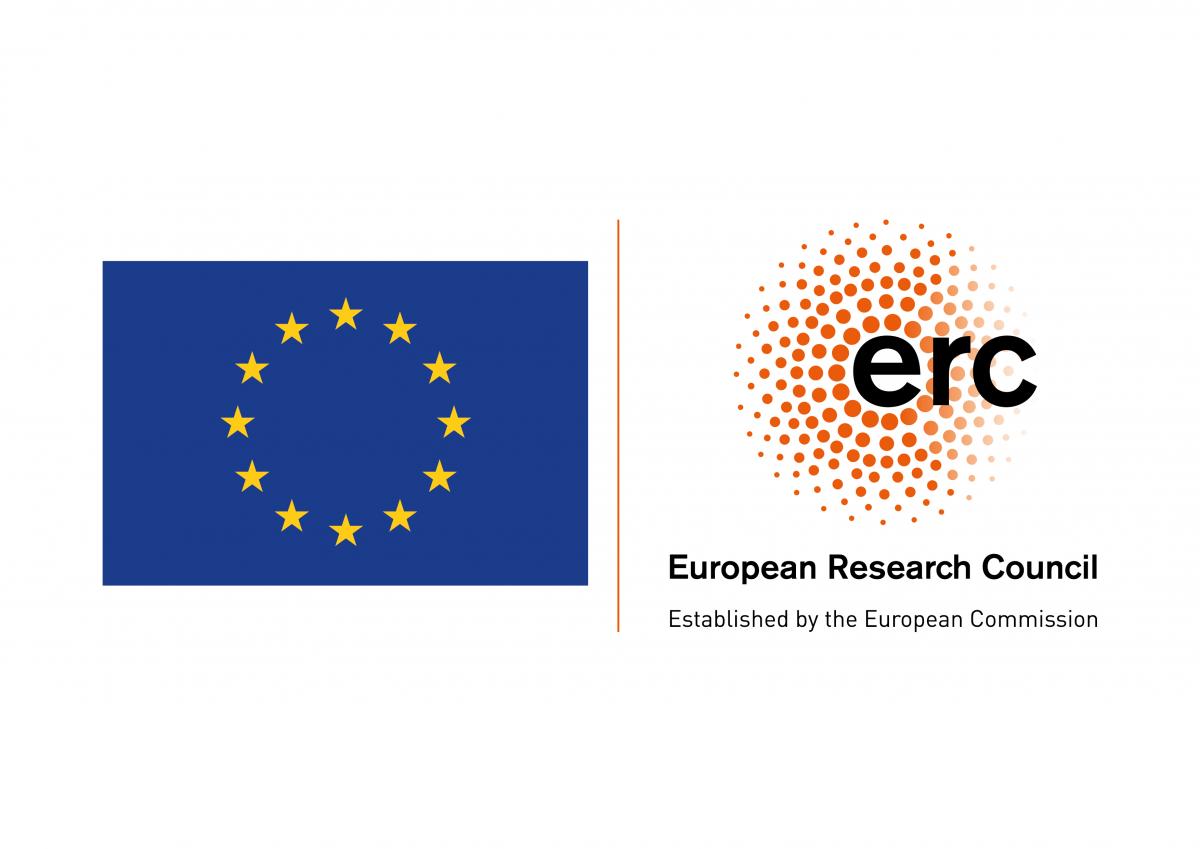Abstract
Combined inhibition of oxidative phosphorylation (OXPHOS) and glycolysis has been shown to activate a PP2A-dependent signaling pathway, leading to tumor cell death. Here, we analyze highly selective mitochondrial complex I or III inhibitors in vitro and in vivo to elucidate the molecular mechanisms leading to cell death following OXPHOS inhibition. We show that IACS-010759 treatment (complex I inhibitor) induces a reactive oxygen species (ROS)-dependent dissociation of CIP2A from PP2A, leading to its destabilization and degradation through chaperone-mediated autophagy. Mitochondrial complex III inhibition has analogous effects. We establish that activation of the PP2A holoenzyme containing B56δ regulatory subunit selectively mediates tumor cell death, while the arrest in proliferation that is observed upon IACS-010759 treatment does not depend on the PP2A-B56δ complex. These studies provide a molecular characterization of the events subsequent to the alteration of critical bioenergetic pathways and help to refine clinical studies aimed to exploit metabolic vulnerabilities of tumor cells.
| Original language | English |
|---|---|
| Article number | 112616 |
| Number of pages | 15 |
| Journal | Cell Reports |
| Volume | 42 |
| Issue number | 6 |
| DOIs | |
| Publication status | Published - 27 Jun 2023 |
| MoE publication type | A1 Journal article-refereed |
Funding
This work was partially supported by the Italian Ministry of Health with Ricerca Corrente and 5x1000 funds. S.M. is funded by AIRC ( IG20-24944 ). J.W. was funded by Sigrid Juselius Foundation. M.E. has received funding from the European Research Council (ERC) under Horizon 2020 research and innovation programme (Onco-Energetics_OFF, grant agreement no. 852761 ) and has received partial support from Czech Science Foundation (project no. 19-22156Y ) and National Institute for Cancer Research (Program EXCELES, ID project no. LX22NPO5102 ). This work was partially supported by the Italian Ministry of Health with Ricerca Corrente and 5x1000 funds. S.M. is funded by AIRC (IG20-24944). J.W. was funded by Sigrid Juselius Foundation. M.E. has received funding from the European Research Council (ERC) under Horizon 2020 research and innovation programme (Onco-Energetics_OFF, grant agreement no. 852761) and has received partial support from Czech Science Foundation (project no. 19-22156Y) and National Institute for Cancer Research (Program EXCELES, ID project no. LX22NPO5102). We would like to thank the Therapeutics Discovery Division at The University of Texas MD Anderson Cancer Center, particularly Giulio Draetta and Christopher Vellano, for providing IACS-010759; Isabella Dalle Donne and Graziano Colombo (University of Milan) for experimental support and comments; and Bruno Amati, Giulio Donati (European Institute of Oncology, Milan), Claudio Vernieri (IFOM and National Cancer Institute, Milan), and Marco Giorgio (University of Padua) for their useful insights, comments, and scientific discussion. Graphical abstract created with BioRender.com, Conceptualization, R.C. and S.M.; methodology, R.C. F.R. and S.M.; investigation, R.C. F.R. I.P. S. Peri, M.R. J.P.-V. E.H. and F.F.; writing – original draft, R.C. and S.M.; writing – review & editing, M.E. O.V. S. Pece, M.F. and J.W.; funding acquisition, S.M. and M.E.; supervision, S.M. The authors declare no competing interests. We support inclusive, diverse, and equitable conduct of research.
| Funders | Funder number |
|---|---|
| National Cancer Institute | |
| The University of Texas MD Anderson Cancer Center | |
| National Cancer Research Institute | LX22NPO5102 |
| Istituto Europeo di Oncologia | |
| European Research Council | |
| Czech Science Foundation | 19-22156Y |
| Ministry of Health | |
| Università degli Studi di Padova | |
| Associazione Italiana per la Ricerca sul Cancro | IG20-24944 |
| Sigrid Jusélius Foundation | |
| Horizon 2020 | 852761 |
Keywords
- cancer
- chaperone-mediated autophagy
- CIP2A
- CP: Cancer
- CP: Molecular biology
- fasting
- glycolysis
- metabolism
- OXPHOS
- PP2A
